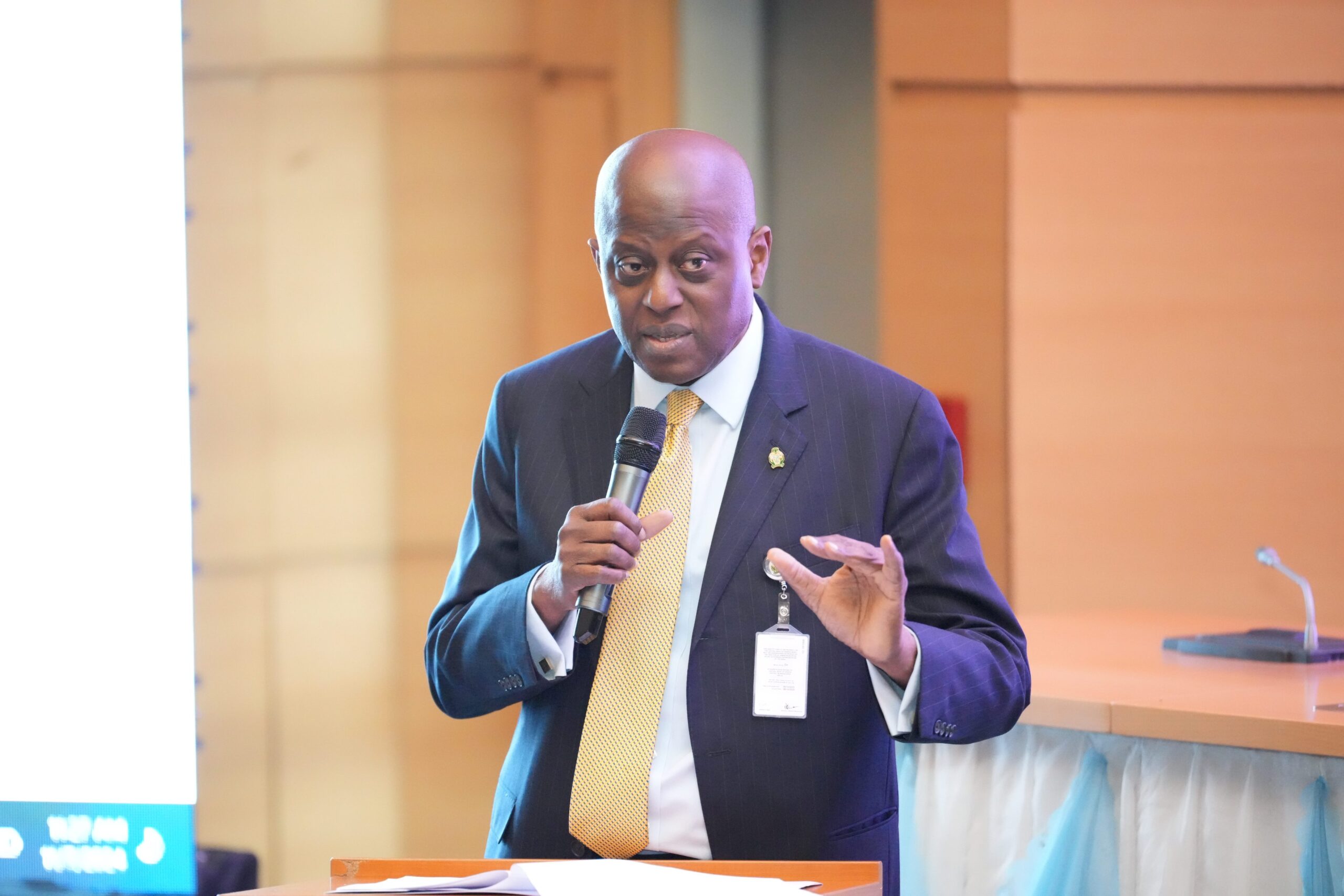
The Governor of the Central Bank of Nigeria (CBN), Godwin Emefiele, at the weekend in Lagos, warned foreign exchange speculators of further losses, as he restated the apex bank’s resolve to support the Naira.
He also warned that the CBN will not sit idly and allow those he described as faceless and criminally minded people to destroy the currency under the guise of a free float as is being canvassed by “some so- called experts.”
The bank chief, who gave the warning while receiving the Vanguard Personality of the Year award, in Lagos, reiterated that whether the vested interest group against the local currency is foreign or local, CBN will henceforth make sure they lose money.
According to him, while nationalist and populist sentiments are sweeping across the globe, it is worrisome that some Nigerians, who only think about self and immediate gratification, are bent on pulling down measures meant for the overall good of all.
The founder and Chairman of Vanguard Newspaper, Sam Amuka, said the emergence of Emefiele as the Vanguard Personality of the Year, was on the back of his resilience and calmness in the midst of foreign exchange crisis and the ensuing blames.
He said that while every country has had its own brand of crisis, the CBN chief became a victim of circumstance by the fall of Nigeria’s major commodity’s price.
Meanwhile, Emefiele has expressed disgust against those he accused of frittering the reserves, as they now turn around to “pontificate” on effective foreign exchange management.
“Nigeria’s external reserves stood at $62 billion after the country had spent $12 billion in settling the Paris club debt. “It is quite surprising and disingenuous that some of the people talking today about how we can manage our exchange rate were the same persons who frittered away these reserves such that when I assumed office, I met only $37 billion in reserves.
“To make matters worse, in the aftermath of the sharp drop in oil price, there were falling production volumes, with monthly forex inflows to the bank dropping to less than $700 million per month. Yet, the demand for forex continued at about $4.8 billion monthly,” he said.
While querying the rationale for spending spending scarce resources for things we can produce here in Nigeria, he added that only those with “entrenched interests,” would not see anything wrong.
“I have always challenged this group of persons to name just one country in the whole world that practices a freely floating exchange rate regime. We have cost- push inflation, exacerbated by supply shortages in food, fuels, and forex. That is why the CBN is supporting farmers across the country through various schemes to increase food supply.






